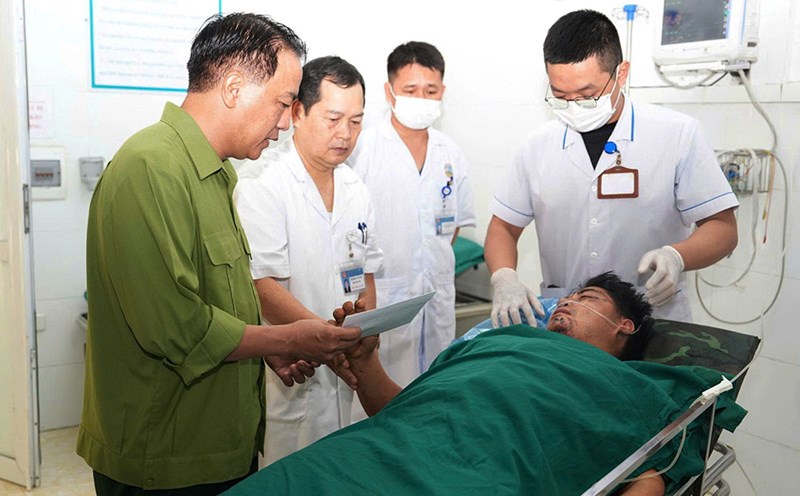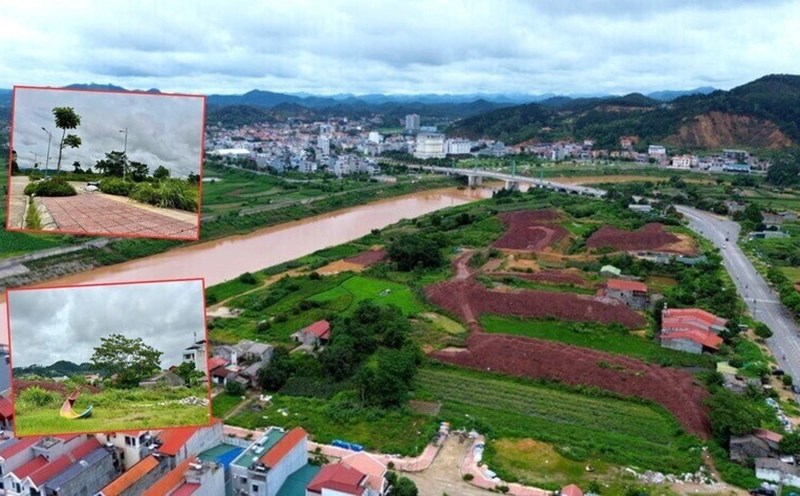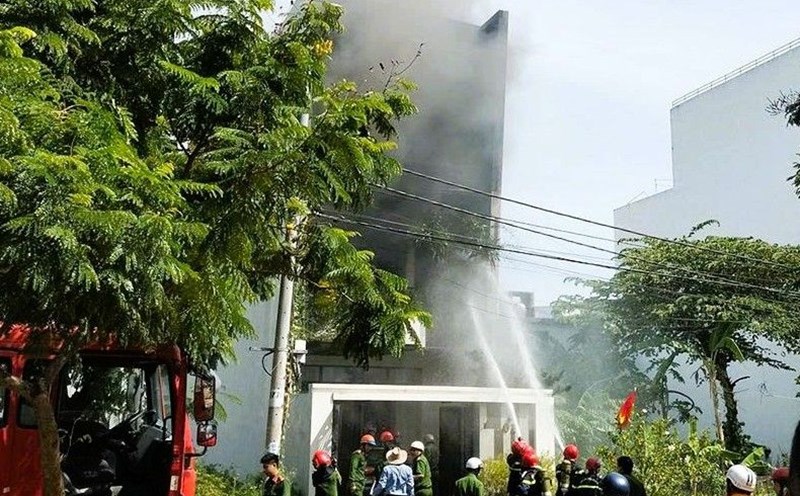Dr.BS. Huynh Van An - Vice Chairman and General Secretary of the Ho Chi Minh City Rehabilitation and Emergency Association, shared many practical perspectives on people's psychology when facing emergency situations, especially stroke, and common mistakes due to lack of understanding or receiving false information.
In fact, the emergency resuscitation industry is always under great psychological pressure, when patients are transferred, family members often do not know who they are, and do not know the role of the doctor. Conversely, if the patient dies before coming to the hospital, called out-of-hospital cardiac arrest, it is often the family who blames the hospital.
According to Dr. Huynh Van An, there was a period when the emergency team was not properly recognized for their contributions, because the nature of their work was not associated with easily seen " material achievements". It was only after the COVID-19 pandemic that the value of the resuscitation and emergency care sector was more clearly recognized as a "life shield" requiring deep expertise and highly updated techniques.
Regarding the definition of off-hospital cardiac arrest, the doctor explained that in international medicine, these are cases of patients with cardiac arrest while doing normal activities, without a clear medical history, suddenly falling into critical condition. Meanwhile, in Vietnam, many people still deal with all cardiac arrest cases that occur outside the hospital, regardless of underlying medical conditions. Inconsistent understanding of this concept can affect statistics, medical responses, and disease prevention.
More worryingly, according to Dr. Binh Am, in many cases where people have a stroke or faint at home, instead of calling for emergency care, people pass on folk remedies such as blood injecting at the fingertips, ear incisions, acupressure... "These methods are not only ineffective but also delay the emergency process. That delay can cause serious consequences, even loss of life, Dr. An emphasized.
According to the doctor, in stroke emergency care or other critical situations, the most important thing is to call an emergency room early, provide first aid properly, place the patient in a safe place and do not intervene arbitrarily. He recommended that the community should promote the spirit of "neighborhood affection" by supporting the calling of ambulances, helping patients, stabilizing the waiting location for medical care instead of applying oral communication methods without scientific basis.
Faced with the trend of spreading "petty discoveries" and unverified health information on social networks, doctors give advice: " Any advice that does not come from traditional medicine needs to be considered. Science does not refute folk medicine, but we must clearly distinguish between traditional medicine knowledge and incorrect word of mouth transcriptions.











